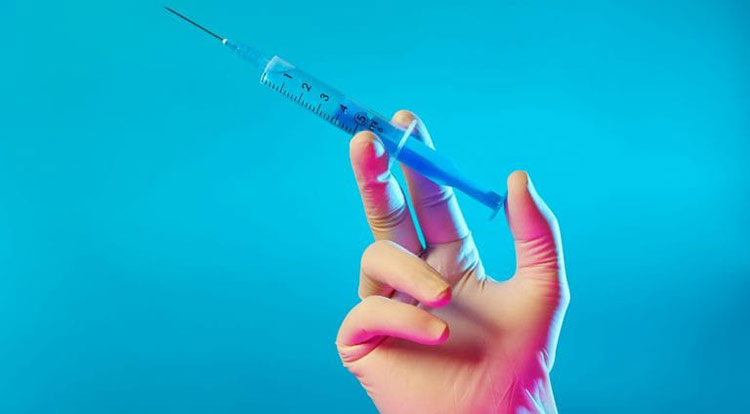The Centers for Disease Control (CDC) states that human papillomavirus (HPV) is the United State’s most common sexually transmitted disease (STD). There is no cure for the virus, but there are several ways to prevent HPV infection.
What is HPV?
Sexually active men and women risk getting infected with HPV, which spreads through vaginal, anal, and oral sex and intimate contact. Many infected people don’t have any symptoms, and the virus may go away on its own. However, some people never clear the infection.
There are many types of HPV, and some cause genital warts. Other strains increase the risk of cancers of the cervix, penis, vulva, anus, and throat.
How to Prevent HPV
Like other STDs, there is only one surefire way to avoid transmitting or spreading HPV: abstinence.
Abstinence
Since it is spread during sexual activity, refraining from intercourse and intimate contact would prevent the contraction and transmission of HPV.
Monogamy
Another way to prevent HPV is to adopt monogamy, having only one uninfected partner who is also monogamous. It is important to remember, though, that many people with HPV do not have any symptoms and that there is not an “HPV test” that can determine someone’s status.
Vaccination
HPV vaccines can prevent genital warts and 90% of HPV-related cancers. Children should receive the HPV vaccine before they are sexually active, usually at age 11-12; unvaccinated people up to age 26 should also be vaccinated. In addition, children as young as 9 and adults up to age 45 may also be eligible to receive the vaccine.
Do Condoms Prevent HPV?
In short, yes, although they aren’t perfect. Condoms are at least somewhat effective in preventing STDs–including HPV and HPV-related warts and cancer–, and the Centers for Disease Control and Prevention encourages use for all sexually active people. However, factors such as partial coverage and user error can decrease the protective quality of a condom, just as it can affect the risk of pregnancy. By combining condoms (and dental dams) with vaccination and informed sexual relations, you will significantly reduce the risk of contracting HPV or transmitting it to a partner.

